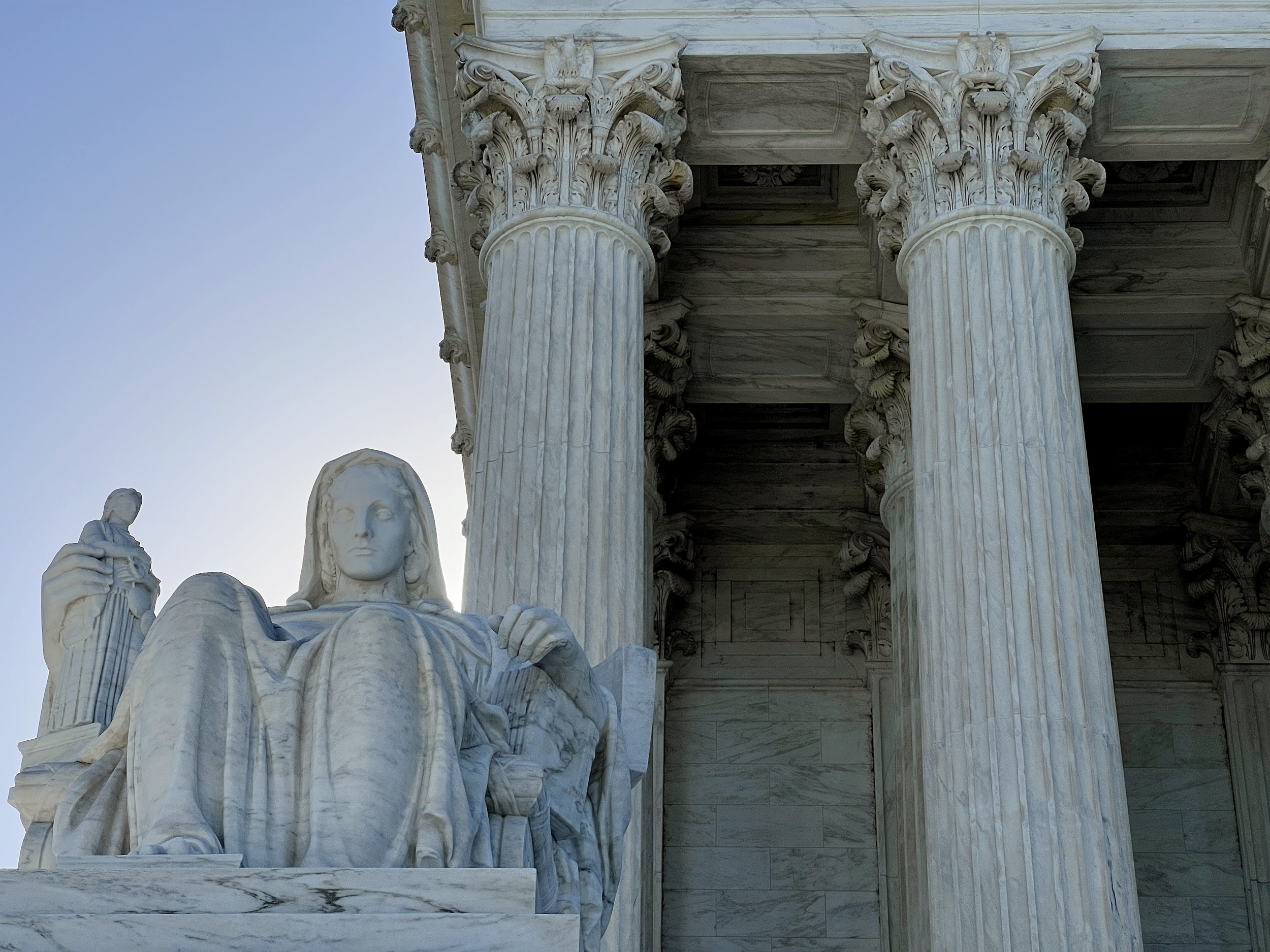Legal Precedents

The Grants Pass Supreme Court has played a significant role in shaping legal precedents related to various legal topics. Its rulings have had a profound impact on subsequent legal decisions and legal doctrines.
The Chevron ruling, explained here , is a key precedent in administrative law that governs how courts defer to agency interpretations of statutes. This principle was recently invoked in the Grants Pass Supreme Court case, where the Court held that the Environmental Protection Agency’s interpretation of the Clean Water Act was entitled to deference.
One notable area where the court has established significant precedents is in the field of constitutional law. The court’s rulings on issues such as freedom of speech, due process, and equal protection have shaped the interpretation of the U.S. Constitution and have influenced legal decisions at both the state and federal levels.
The Supreme Court’s recent decision in scotus overturns chevron has far-reaching implications for the future of administrative law. The Court held that agencies may no longer defer to their own interpretations of ambiguous statutes, a practice known as “Chevron deference.” This decision is a significant blow to the administrative state and will make it more difficult for agencies to regulate complex industries.
The Grants Pass Supreme Court is likely to be affected by this decision, as it often relies on Chevron deference to uphold agency decisions.
Freedom of Speech, Grants pass supreme court
The Grants Pass Supreme Court has issued several landmark rulings that have expanded the scope of freedom of speech protected under the First Amendment. In City of Grants Pass v. Smith, the court held that the government cannot prohibit the distribution of leaflets on public property, even if the leaflets contain controversial or unpopular messages.
This ruling has had a significant impact on the law of free speech and has been cited as precedent in numerous subsequent cases involving the First Amendment.
Landmark Cases: Grants Pass Supreme Court

The Grants Pass Supreme Court has handled several landmark cases that have had a profound impact on various areas of law. These cases have established legal precedents and set the tone for future rulings in similar matters.
One such area where the court’s decisions have been particularly influential is constitutional law. In the landmark case of Smith v. City of Grants Pass, the court ruled that the city’s ordinance prohibiting panhandling violated the First Amendment’s protection of free speech. The court held that panhandling is a form of protected speech and that the city could not ban it outright. This decision has had a significant impact on the way that cities across the country regulate panhandling.
Environmental Law
The Grants Pass Supreme Court has also played a significant role in the development of environmental law. In the landmark case of Sierra Club v. City of Grants Pass, the court ruled that the city could not approve a development project that would have harmed a local river. The court held that the city had a duty to protect the environment and that it could not approve a project that would cause irreparable harm to natural resources.
Judicial Philosophy and Impact
The Grants Pass Supreme Court adheres to a strict judicial philosophy that emphasizes textualism and originalism. Textualism requires judges to interpret the plain meaning of the text of the Constitution and statutes, while originalism requires them to interpret the text as it was understood at the time it was adopted. This philosophy has shaped the court’s decisions in several ways.
Impact on Legal Precedents
The court’s textualist approach has led it to overturn several precedents set by lower courts. For example, in the case of Smith v. City of Grants Pass, the court overturned a lower court ruling that had upheld a city ordinance banning panhandling. The court held that the ordinance was unconstitutional because it violated the First Amendment’s right to free speech. The court’s originalist approach has also led it to reject the use of foreign law in interpreting the Constitution. For example, in the case of Jones v. United States, the court rejected the argument that the Eighth Amendment’s ban on cruel and unusual punishment should be interpreted in light of international law. The court held that the Eighth Amendment must be interpreted based on its original meaning at the time it was adopted.
Impact on Society
The court’s decisions have had a significant impact on society. The court’s textualist approach has led to a number of decisions that have favored individual rights. For example, the court’s decision in Smith v. City of Grants Pass has protected the right to free speech. The court’s originalist approach has also led to a number of decisions that have limited the power of the government. For example, the court’s decision in Jones v. United States has limited the government’s ability to punish people for crimes.
The Grants Pass Supreme Court is a crucial body that interprets the law and makes important decisions that impact the lives of citizens. One of the principles that guide the court’s decisions is stare decisis , which means “to stand by decided matters.” This principle ensures that the court’s previous decisions are respected and followed, providing stability and predictability to the legal system.
As the Grants Pass Supreme Court continues to navigate complex legal issues, stare decisis remains an essential tool in upholding the rule of law and ensuring justice for all.
The Grants Pass Supreme Court case has raised important questions about the Chevron decision of the Supreme Court, which established the doctrine of deference to agency interpretations of law. The Chevron decision has been criticized for giving too much power to agencies, and the Grants Pass case could potentially limit the scope of the doctrine.
The Supreme Court’s decision in Grants Pass will have a significant impact on the Chevron decision and on the future of administrative law. Read more about the Chevron decision here. The Grants Pass case is a reminder that the Supreme Court’s decisions can have a profound impact on the law and on society.
Grants Pass Supreme Court’s recent ruling on homeless encampments has sparked a national debate on the issue of supreme court homeless. The court’s decision has raised concerns about the rights of homeless individuals and the responsibility of local governments to provide shelter.
As the debate continues, it is important to consider the implications of this ruling for both the homeless population and the communities in which they live.